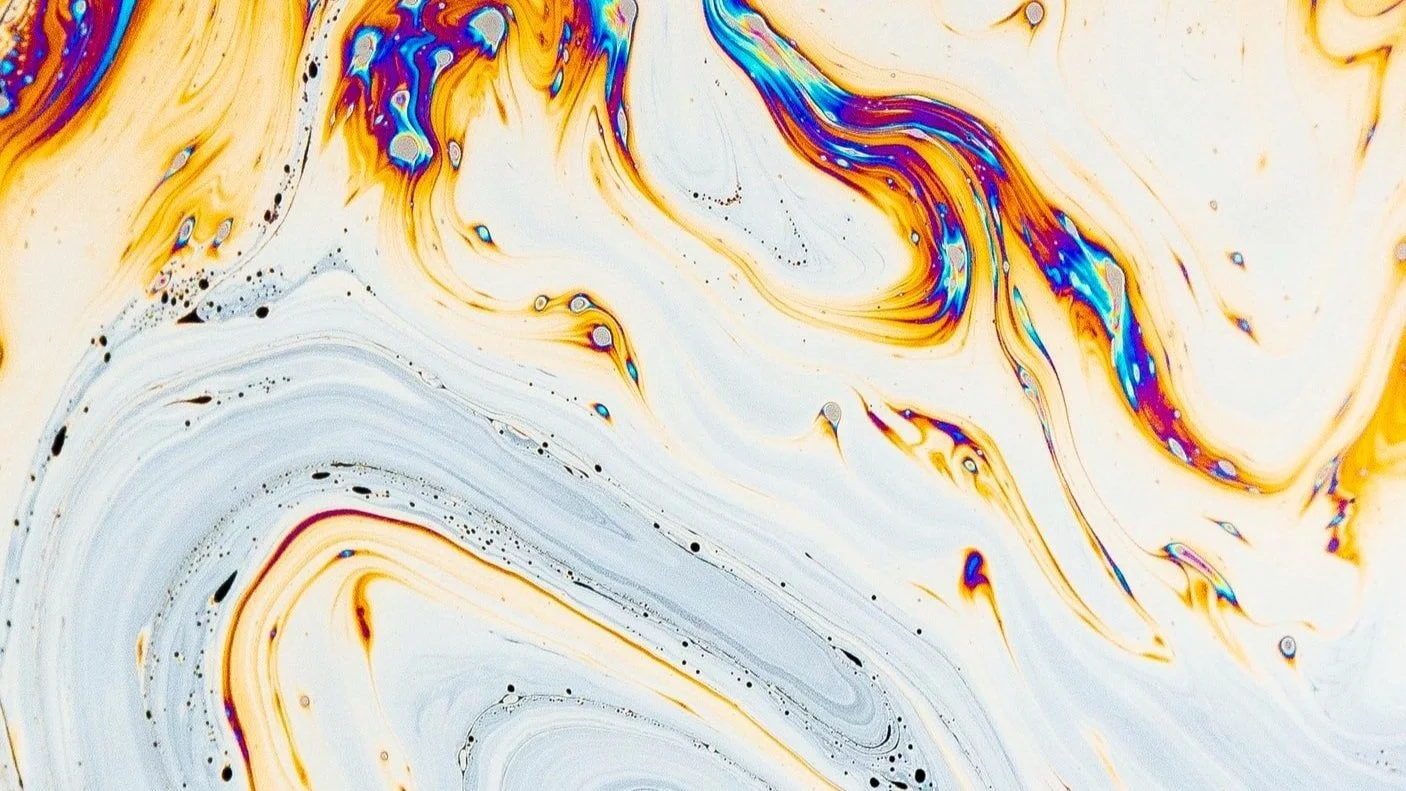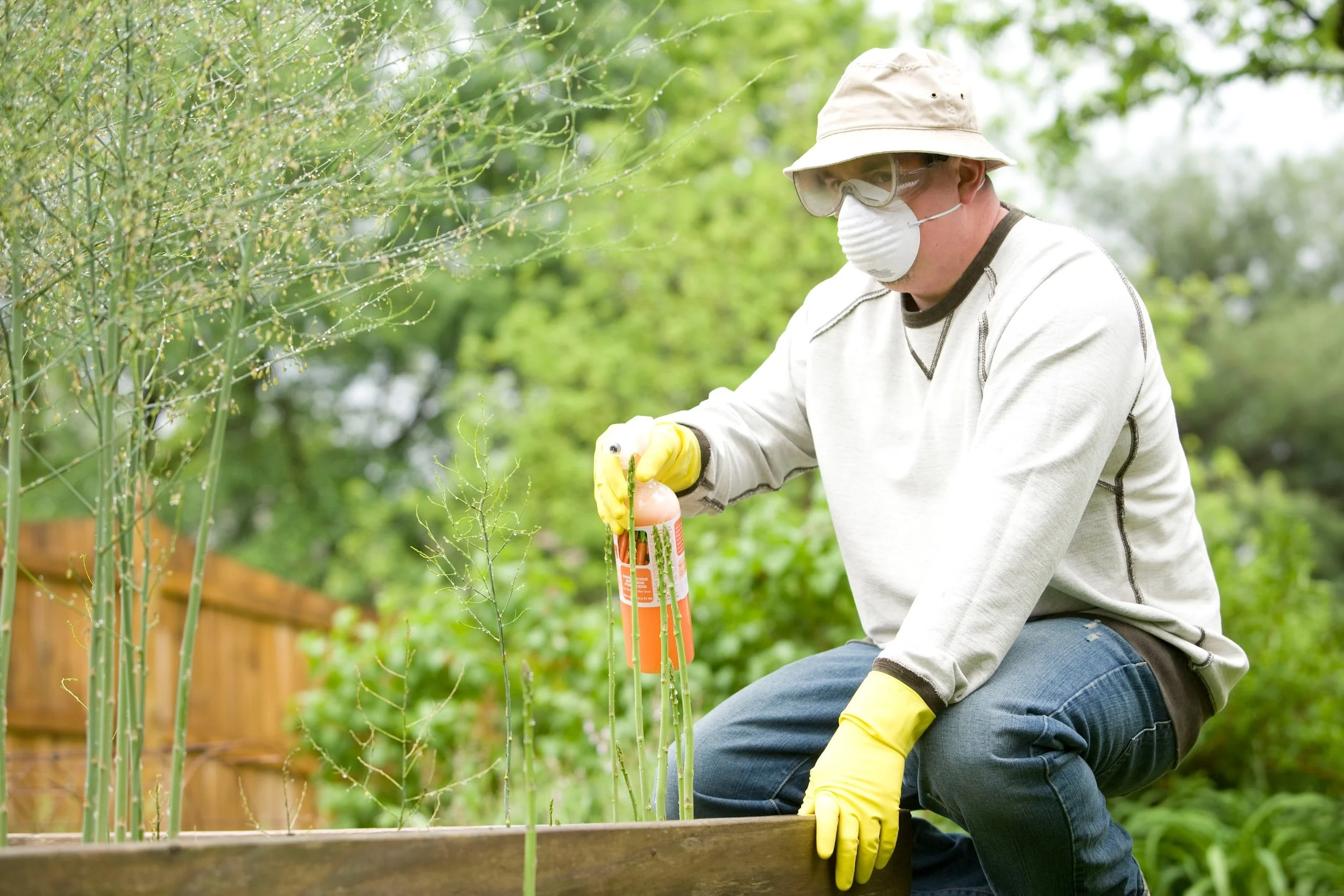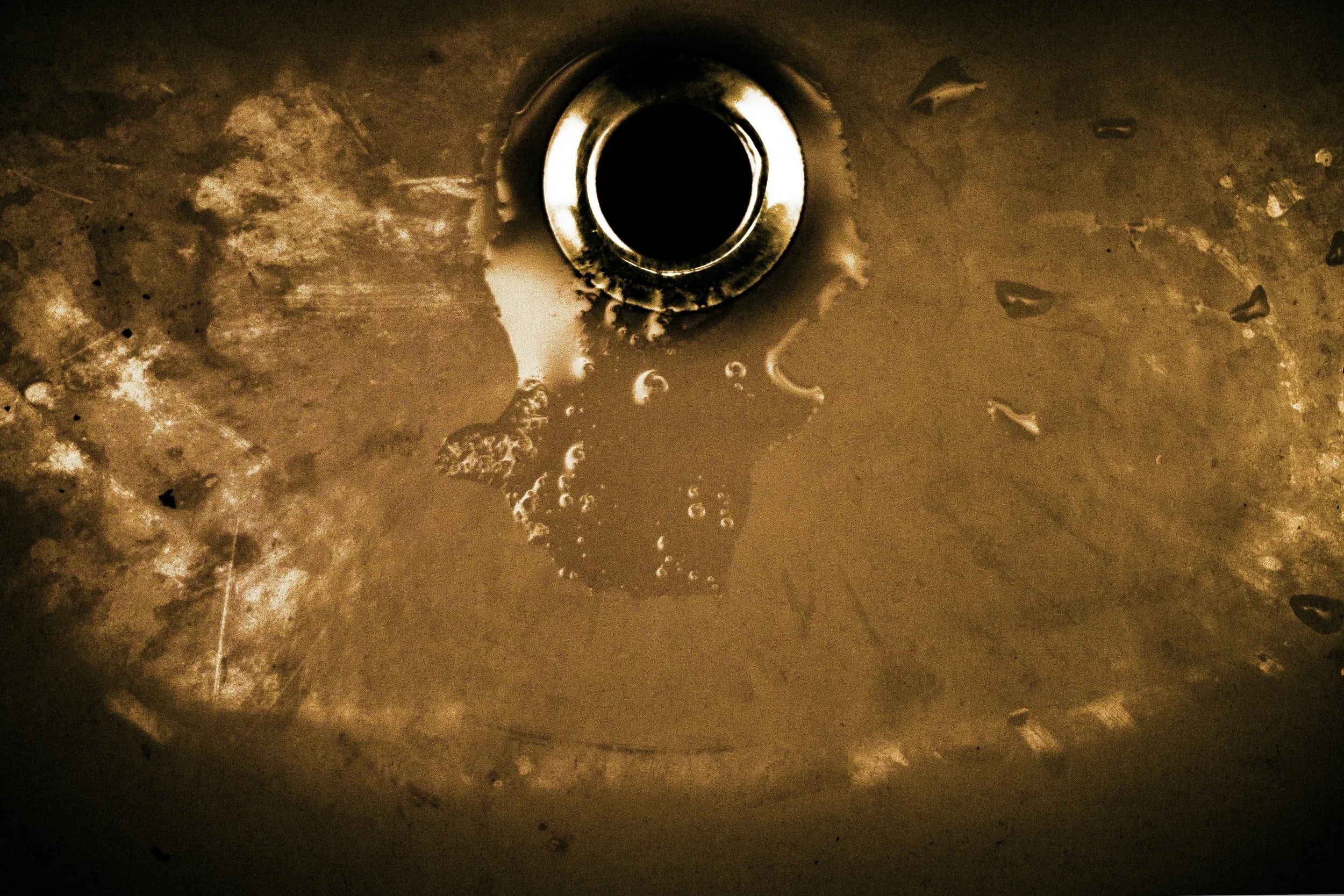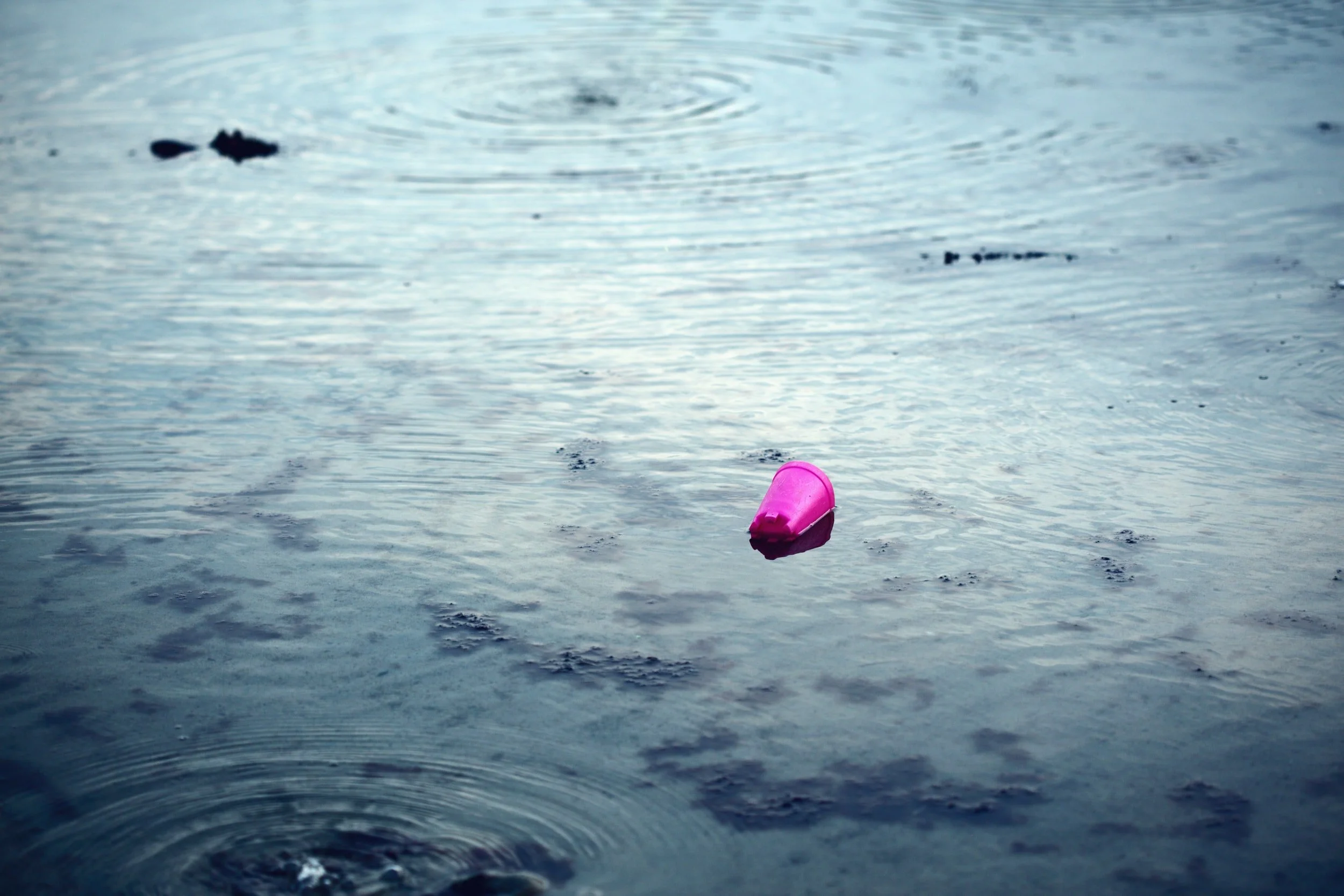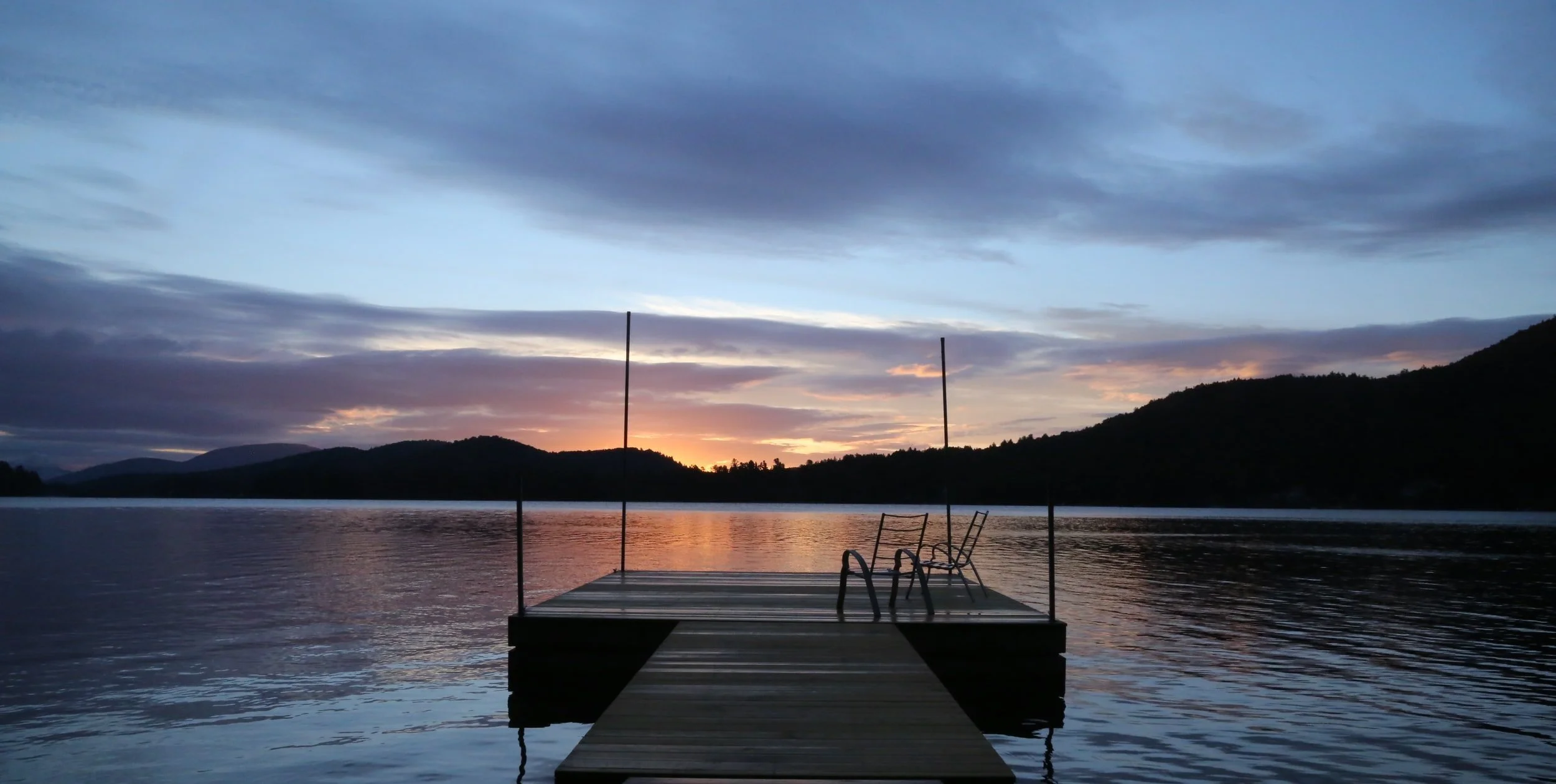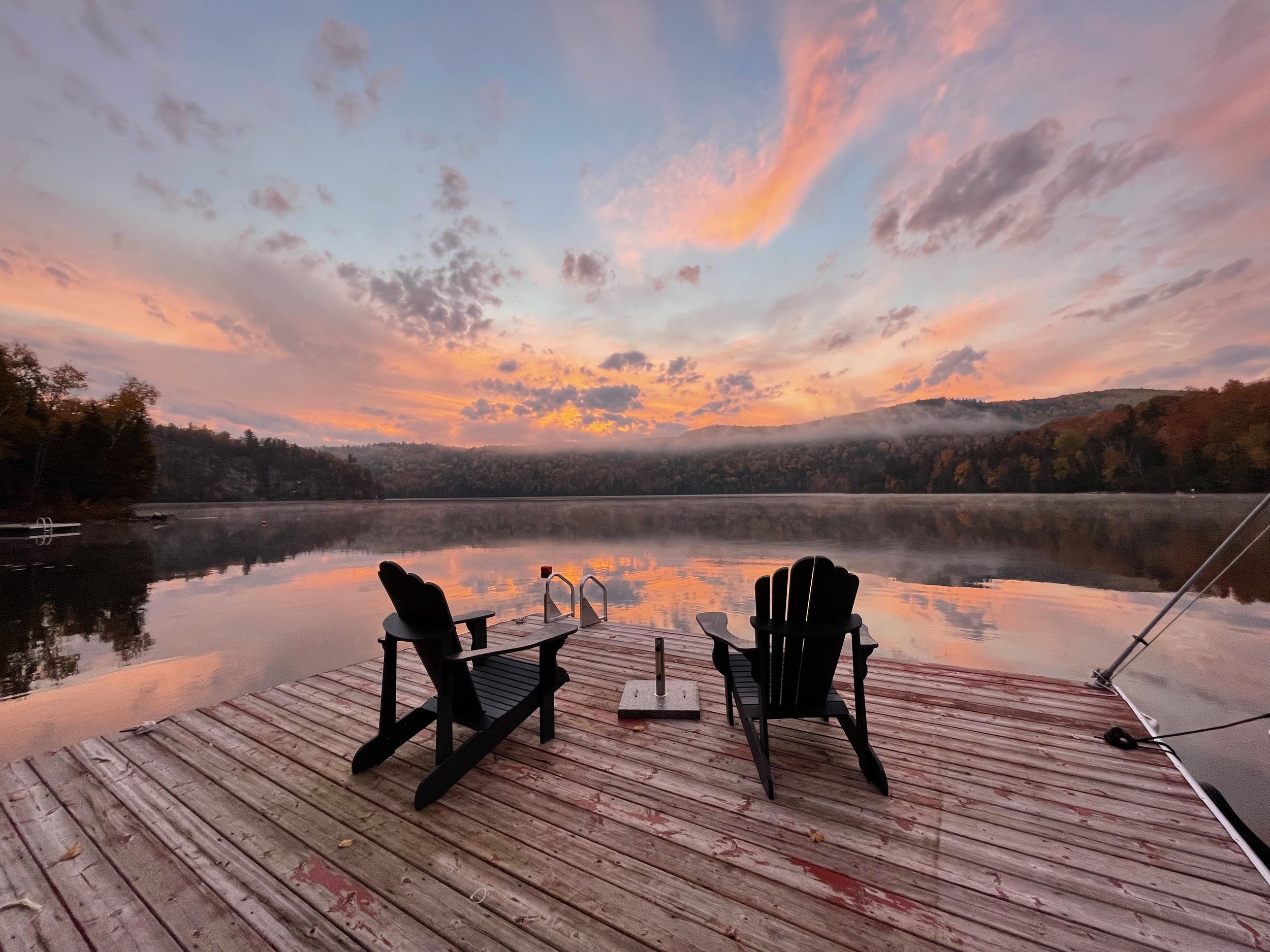
Help Keep Our Lake Alive!
The prime mission of our association is to sensitize and educate residents and visitors on the importance of maintaining a clean environment and to preserve the aquatic ecosystem of Lac St-Pierre.
Here are some DOs and DON’Ts:
Do not wash in the lake
that includes your hair, your dog and your children. Do not pour dishwater in the lake! Detergent, soap and shampoos lead to increased algae, less oxygen and kill fish.
Do not cut down trees or defoliate shrubs
this leads to erosion of the land into the lake. The lack of natural shoreline reduces the water quality, increases algae and kills fish. The first 10 meters preserved in its natural state is essential to the survival of the lake: "Please plant shrubs".
Do not bring in sand or soil for fill
You will possibly bring in bacteria or chemicals from another location and alter the lake’s natural survival mechanisms.
Do not spill gas or oil when filling motors
One gallon of oil can cover 4 acres of water and never leave the lake. Do maintenance on your motors and fill them away from the lake. Pour the fuel carefully with a wide funnel and stop before it overflows.
Do not use fertilizer or pesticides closer than 100 meters from the lake
Fertilizers drain into the lake causing algae growth, which leads to decreased oxygen and dead fish. Pesticides can poison the lake.
Do not pour paint, oil or toxic substances in drains as they may find their way to the lake.
Do not discard garbage near or in the lake, not even a cigarette butt.
DO check your septic system and ensure it meets health and safety standards.
Sewage carries bacteria and viruses, malfunctioning septic systems are a serious health hazard to everyone.
Avoid bleaches and anti-bacterial soaps which disrupt septic system function.
DO use phosphate-free detergent in your home or cottage.
Phosphates do not "break down" and end up as excess in the ecological cycle.
DO build a dock which allows water to flow freely.
Any blockage of water movement leads to erosion and sediment accumulation.
DO report all water pollution problems to the appropriate authorities and to association.
We want to be aware too,, maybe we can help!



